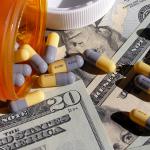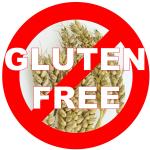In case anyone still had any lingering reservations about Dr. Oz's quack status, he removed all doubt in his recent endorsement of astrology.
Other Science News
In our postmodern society -- where truth is relative, "fake news" is prevalent, and scientific facts are just an opinion -- it shouldn't come as a surprise that modern medicine is facing a backlash.
How can we get more parents to vaccinate their children? That is one of the questions that keep me and others in the pro-science community awake at night.
OK, time for a pop quiz based upon reading Access Imperative by McKinsey and Company.
The National Transportation Safety Board (NTSB) released their preliminary report on the fatal crash of an autonomous Uber car and pedestrian in A
Memorial Day weekend: Three days that serve to honor our military and remember those that gave their lives for our country. It is also the unofficial kick-off off summer fever.
For people with celiac disease, gluten enemy #1. For some celiac patients, an exposure to gluten can make them sick for days with pain, vomiting and diarrhea while causing intestinal damage.
Some motorists swear by smartphone driving apps, because they can save time by guiding them around traffic snarls.
Every year since 2008, the World Science Festival (WSF) has brought cutting-edge science programs to New York City.











